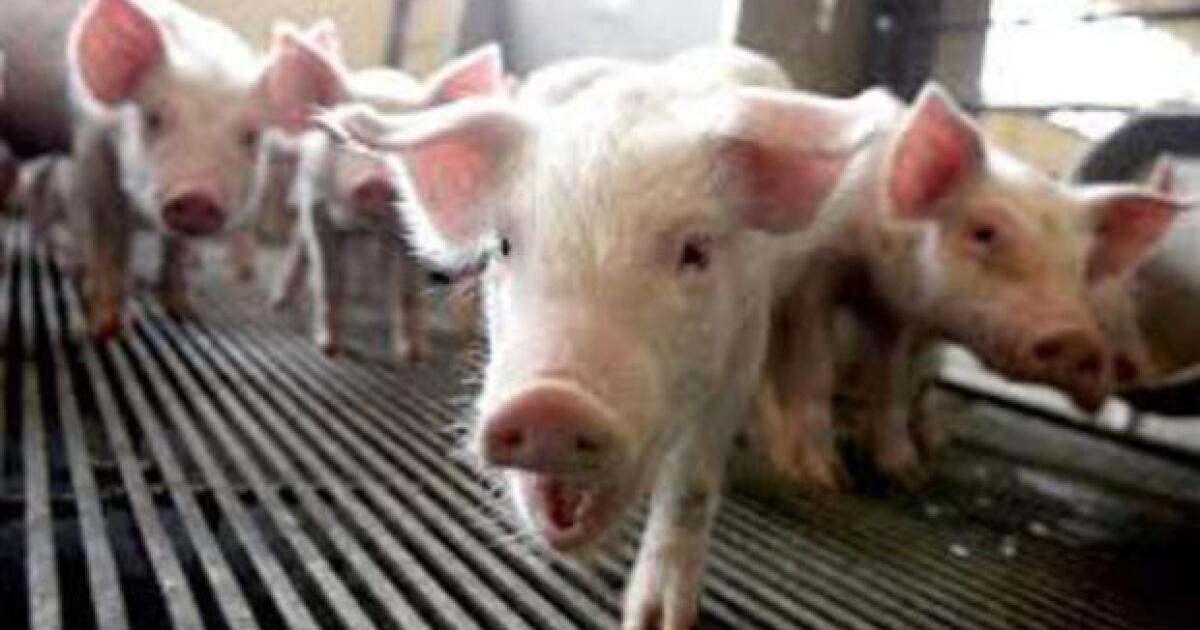

The Centers for Disease Control and Prevention announced late on Friday afternoon that it received reports of the first two United States human swine flu infections for 2023.
“Every year, there are rare sporadic human infections with flu viruses that usually spread in pigs,” the CDC said in a press statement. “While infections with swine influenza viruses usually cause mild illness, they are concerning because they can cause severe illness, especially in people at higher risk of serious flu complications, and because of their pandemic potential.”
EMPLOYMENT GROWTH SLOWING WITH 187,000 JOBS ADDED IN JULY
The two infections of A(H1N2)v swine flue are of individuals who were exposed to pigs at two different agricultural fairs in Michigan in July. Both patients were exposed to pigs less than 10 days prior to symptom onset and were treated with antivirals. Neither patient was hospitalized.
“To date, no person-to-person spread of this virus has been identified,” said the CDC.
According to the CDC, flu viruses from humans and birds can infect pigs, giving viruses the opportunity to swap genes with naturally occurring pig viruses. This “very rarely” creates new viruses that can spread from pigs to humans and have person-to-person transmission capacity, which is the postulated origin of the H1N1 swine flu pandemic in 2009.
The CDC estimates that, from April 2009 to April 2010, there were 60.8 million cases of the H1N1 swine flu in the U.S., resulting in over 274,000 hospitalizations and nearly 12,500 deaths. Worldwide, the CDC estimates that between 151,700 and 575,400 people died from the H1N1 outbreak during the first year, with 80% of those deaths being people younger than 65.
CLICK HERE TO READ MORE FROM THE WASHINGTON EXAMINER
Taking precautions while visiting agricultural or state fairs is strongly recommended. Avoiding eating or drinking around livestock and washing hands after visiting livestock showings is advised. The CDC also advises fair organizers to prominently list the risks of swine flu and other zoonotic diseases for visitors.
Those with immunocompromising conditions or who are older than 65 are advised to take additional precautions, such as masking, while around livestock.






